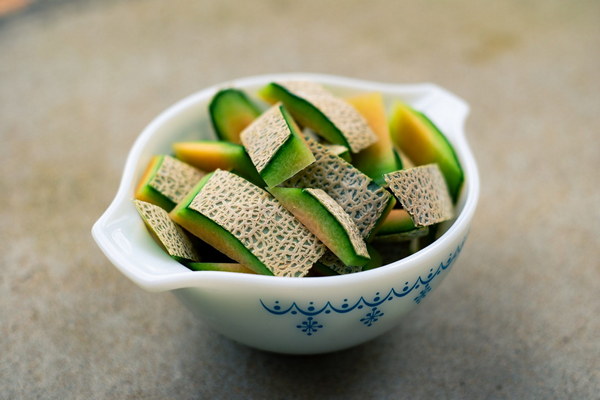Boost Your Stewed Pigeon Soup with These Effective Dampness-Relieving Ingredients
Stewed pigeon soup, a traditional delicacy in many cultures, is not only a flavorful meal but also a nourishing remedy for the body. Known for its rich nutrients and immune-boosting properties, this soup is often prepared with various herbs and ingredients to enhance its health benefits. One of the most sought-after qualities of this soup is its dampness-relieving properties, which are particularly beneficial for those suffering from dampness-related conditions. Here are some effective dampness-relieving ingredients that you can incorporate into your stewed pigeon soup to maximize its therapeutic effects.
1. Astragalus Root (Huang Qi)

Astragalus root, also known as Huang Qi in Chinese medicine, is a well-known dampness-relieving herb. It helps to boost the immune system, improve energy levels, and eliminate dampness from the body. Adding a few slices of astragalus root to your stewed pigeon soup will enhance its dampness-relieving properties and provide additional health benefits.
2. Codonopsis Root (Dang Shen)
Codonopsis root, or Dang Shen, is another valuable herb in Chinese medicine that is used to relieve dampness and improve overall health. This herb is believed to strengthen the body's resistance to diseases, enhance physical stamina, and improve mental alertness. Including a small handful of codonopsis root in your soup will help to alleviate dampness and improve your well-being.
3. Poria (Fu Ling)
Poria, or Fu Ling, is a versatile and commonly used dampness-relieving herb in Chinese medicine. It is known for its ability to eliminate dampness, improve digestion, and promote urination. Adding some poria to your stewed pigeon soup will help to expel dampness from the body and prevent its accumulation, thereby improving your overall health.
4. Licorice Root (Gan Cao)
Licorice root, or Gan Cao, is a sweet and soothing herb that is often used in Chinese medicine to balance the properties of other herbs. It has dampness-relieving properties and can help to alleviate symptoms such as fatigue, bloating, and abdominal pain. Including a small piece of licorice root in your soup will enhance its dampness-relieving effects and make it more palatable.
5. Ginger (Sheng Jiang)
Ginger, or Sheng Jiang, is a popular spice that is used in many cultures for its medicinal properties. It is well-known for its ability to relieve colds, flu, and dampness. Adding fresh ginger slices to your stewed pigeon soup will not only enhance its flavor but also provide its dampness-relieving benefits.
6. Green Onions (Cong)
Green onions, or Cong, are a common ingredient in Chinese cuisine and are also used in traditional medicine to relieve dampness. They are believed to help with digestion, reduce dampness, and eliminate toxins from the body. Adding a handful of chopped green onions to your soup will boost its dampness-relieving properties and add a fresh, aromatic flavor.
When preparing your stewed pigeon soup, remember to simmer the ingredients together for an extended period to allow the flavors and health benefits to meld. By incorporating these dampness-relieving ingredients, you'll not only enjoy a delicious meal but also experience the therapeutic benefits of this traditional soup. So go ahead and experiment with these ingredients to find the perfect balance of flavor and dampness-relieving properties for your stewed pigeon soup.









